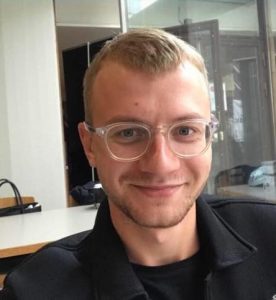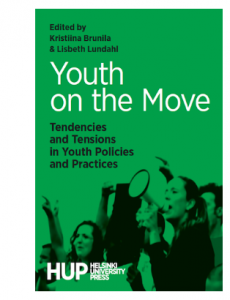This spring the AGORA Research Centre’s community has grown with two new brilliant researchers as Saara Vainio and Ivan Zamotkin have started their PhD research in the Doctoral Programme of School, Education, Society and Culture (SEDUCE).
Ivan Zamotkin’s PhD research topic is Theory of Anarchism in the Future Trajectories of Education.
“The aim of my doctoral research is to examine the relevance of the theory of anarchism to the field of education, and thus create conceptual tools for interrupting problematic trajectories in prevailing educational practices. In the context of this research, anarchism refers to a radical theory of social justice and equality in which the fundamental political and economic preconditions of the state and their interconnectivities are challenged, this extending to the sphere of education. One of the recent and most problematic trajectories in education has been recently defined as precision education governance (PEG) — a specific form of organizing education, aimed at making it personalized and individually tailored rather than social, political and public.
The theory of anarchism provides a consistent critique of the forms of governance embedded in state-run education, and thus offers particularly fruitful new theoretical and conceptual tools for analyzing and interrupting PEG and creating forms of counterpolitics to it. By reclaiming the public role of education and examining the tensioned relation between the state and education, the anarchist perspective helps to create forms of political agency that are necessary for promoting equality and justice in education.
Saara Vainio’s PhD research topic is Rethinking Life Skills-based Education as a Form of Precision Education Governance.



